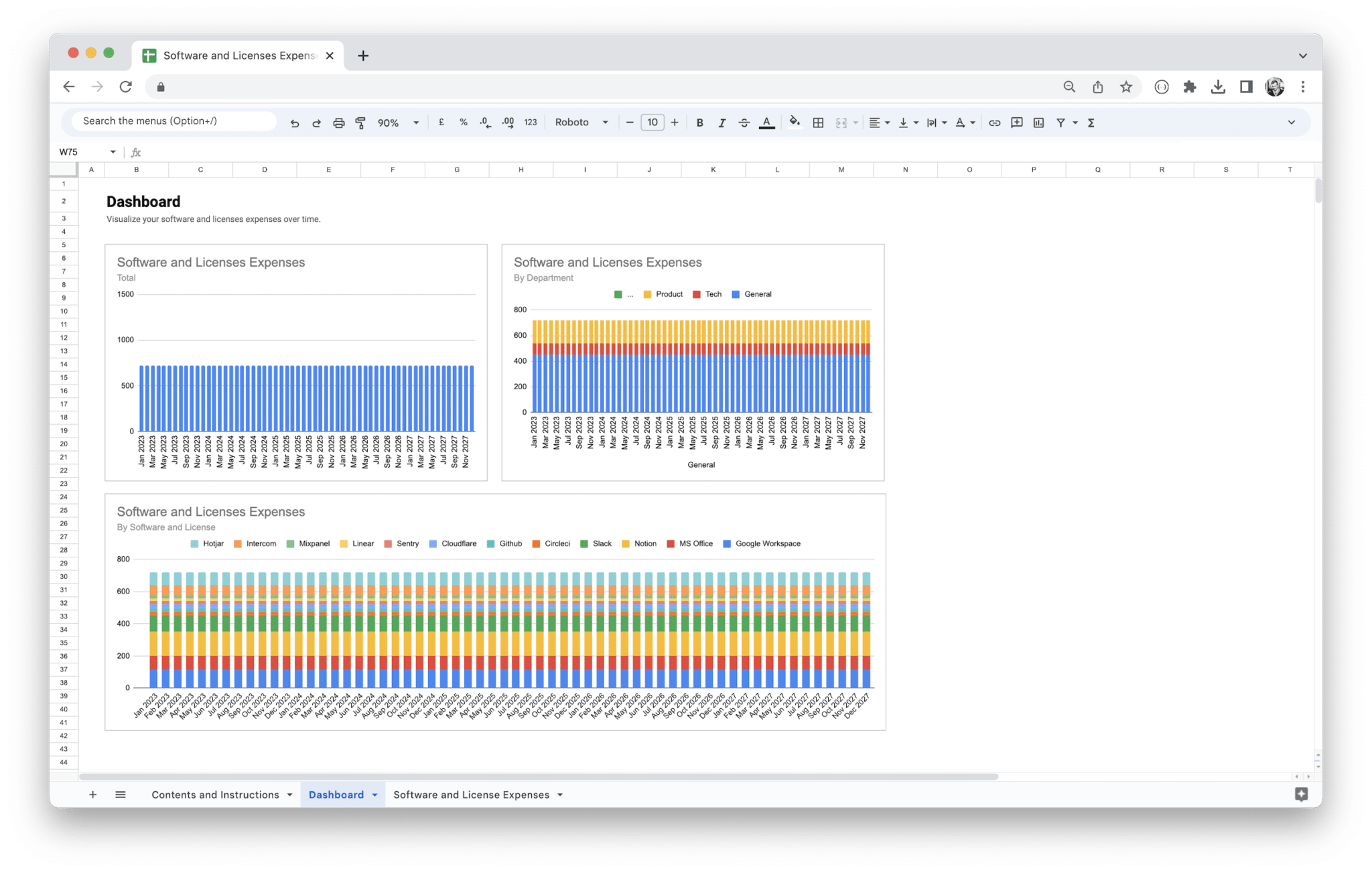During today's digital age, the validity of software has turned into far essential than ever. As businesses and individuals increasingly lean on diverse applications to boost productivity and streamline operations, understanding the significance of authentic software licenses is vital. These licenses serve as a fundamental component in ensuring that users have valid access to the tools they need, while also protecting their rights and the rights of developers.
The significance of authentic software licenses goes beyond mere compliance with legal requirements; it also fosters trust and credibility in the software ecosystem. When users engage with licensed software, they may be assured in its dependability and receive appropriate support from developers. In contrast, using unlicensed software can lead to a variety of issues, including protection vulnerabilities and potential legal repercussions. In this article, we will examine the many facets of software licenses and why their legitimacy is crucial for creating a trustworthy digital environment.
Understanding Software Licensing Agreements

Application licensing agreements serve as lawful contracts between the software creator and the end-user, specifying how the program can be used and shared. They define the rights and obligations of both parties, ensuring that users understand what they can do with the software and the ramifications of breaching those terms. An authentic software licensing agreement not only serves to protect the developers' intellectual property but also assures users that they are acquiring a valid product.
There are various types of software licenses, each with its distinct rules and limitations. Proprietary licenses give end-users restricted rights to utilize the program, usually lacking the capability to alter or share it. In contrast, open source licenses allow end-users to openly utilize, modify, and share the program, encouraging collaboration and innovation. Comprehending these differences is essential for both end-users and programmers, as it influences decisions related to software utilization, distribution, and compliance.
The value of authentic program licensing agreements goes beyond lawful implications; they also have a crucial role in building confidence. Users are increased chances to interact with program supported by a trustworthy licensing agreement, as it signals a dedication to excellence, security, and openness. By following to genuine licensing practices, program creators enhance their trustworthiness and bolster their relationship with users, ultimately contributing to a more robust program ecosystem.
The Role of Authenticity in Software Licensing
Genuineness in software licensing is vital for creating confidence between developers and users. When users purchase or download programs, they need assurance that they are getting a genuine product that meets with the necessary regulations and requirements. Authentic licenses provide this assurance, confirming that the software has been properly developed and distributed. This trust ultimately shapes users' choices and can impact a business's reputation in the cutthroat software market.
Moreover, authentic licenses help protect the IP rights of software creators. Developers invest substantial effort and capital into their software, and unauthorized replication or sharing compromises their efforts. By utilizing authentic software licenses, developers can maintain authority over their products, ensuring that it is used as designed. This not only avoids misuse but also encourages continuous innovation, as developers can rely on their income to fund future initiatives and enhancements.
Finally, genuineness plays a crucial role in cybersecurity. Numerous program weaknesses arise from utilizing counterfeit or pirated programs that may not get necessary updates or fixes. Genuine software licenses guarantee that customers have access to legitimate editions that are regularly maintained for safety. This is crucial for safeguarding confidential information and ensuring a safe computing environment. As cyber dangers continue to develop, the significance of authentic software licenses becomes even more evident, reinforcing the necessity for customers to prioritize authentic products.
Best Practices for Ensuring License Credibility
For ensuring the credibility of software licenses, organizations must conduct thorough due diligence on their software vendors. This involves verifying the vendor's background, reputation, and adherence with regulatory requirements. Companies can search for reviews and testimonials from other users and participate in community discussions to gather data on the vendor's licensing practices. By creating activatusoftware.com grounded in clarity and dialogue, organizations can better understand the legitimacy of the licenses they are acquiring.
Another effective practice is to implement a robust software asset management system. This system should track all software licenses in use, ensuring they align with purchase agreements and compliance requirements. Frequent audits can help identify any discrepancies, allowing entities to resolve potential issues before they escalate. Furthermore, keeping detailed records of all licensing agreements and communication with vendors helps reinforce accountability and provides a clear trail for future reference.
Ultimately, companies should consider implementing an open-source policy where applicable, as open-source licenses typically come with clear standards and community scrutiny that enhance credibility. By informing employees about the importance of legitimate software usage and the threats associated with counterfeit products, organizations can cultivate a culture of compliance and responsibility. This forward-thinking approach not just secures legal standing but also develops trust among clients and stakeholders.
